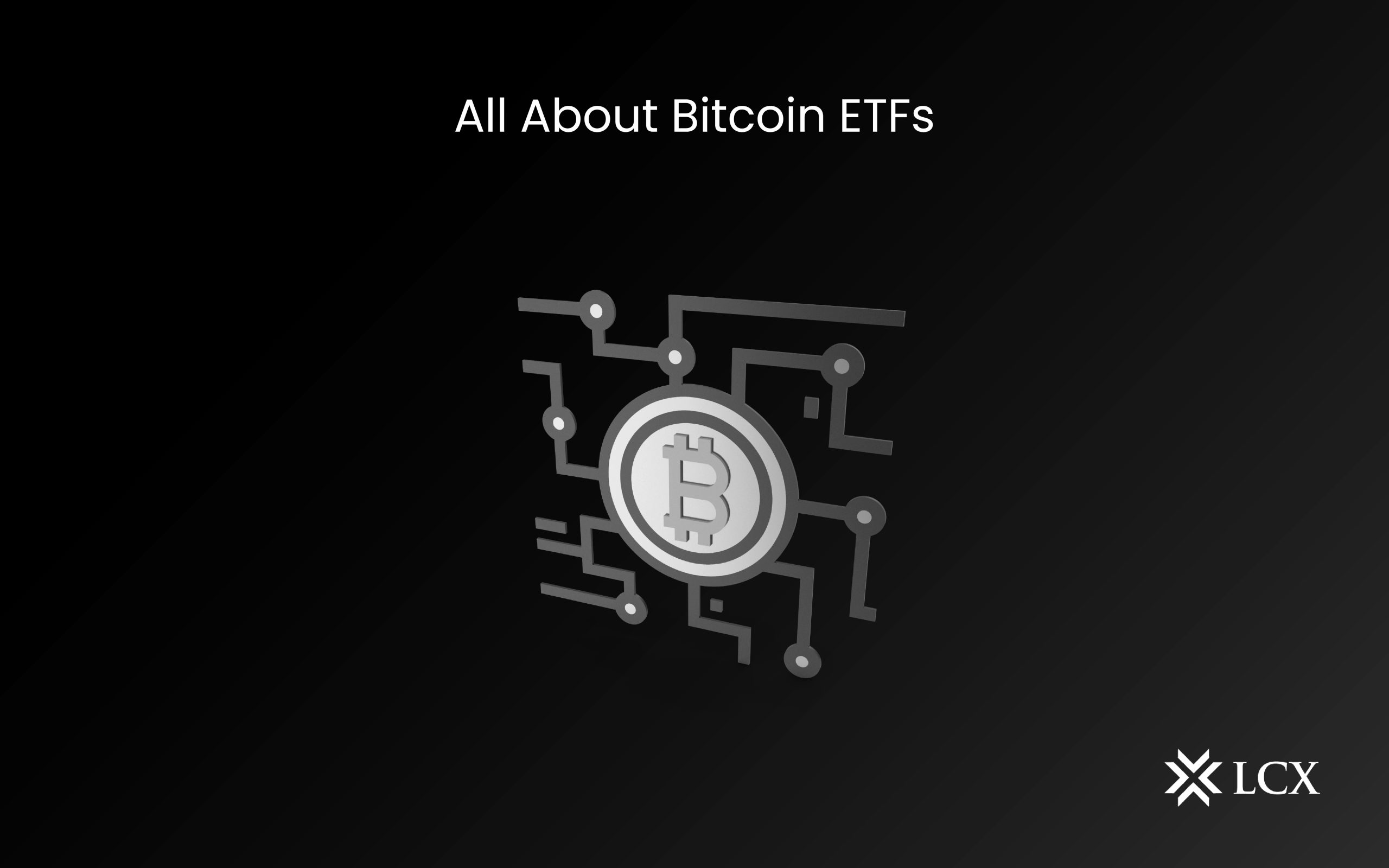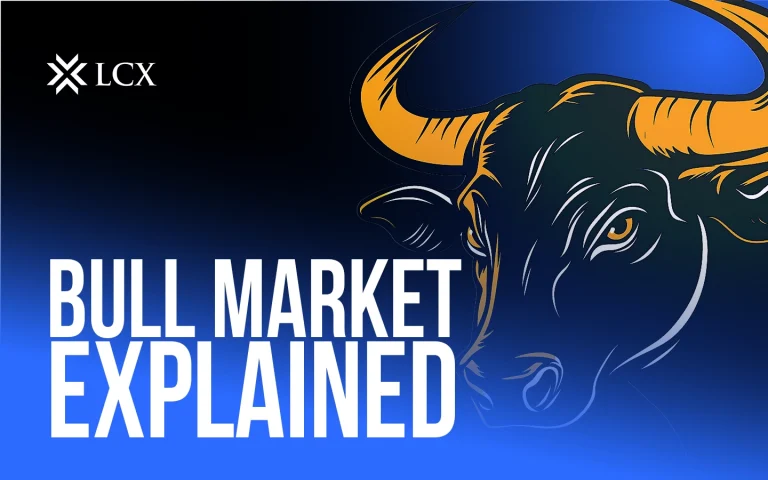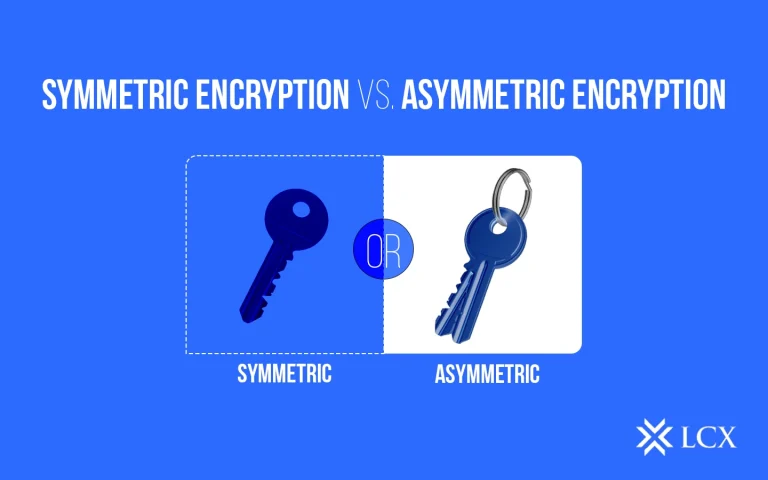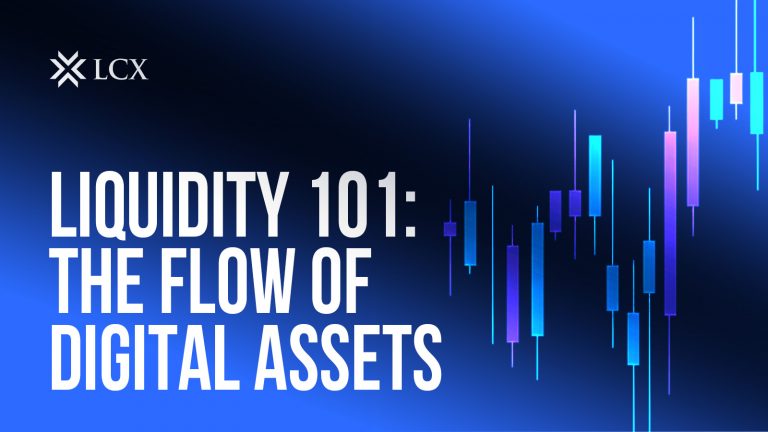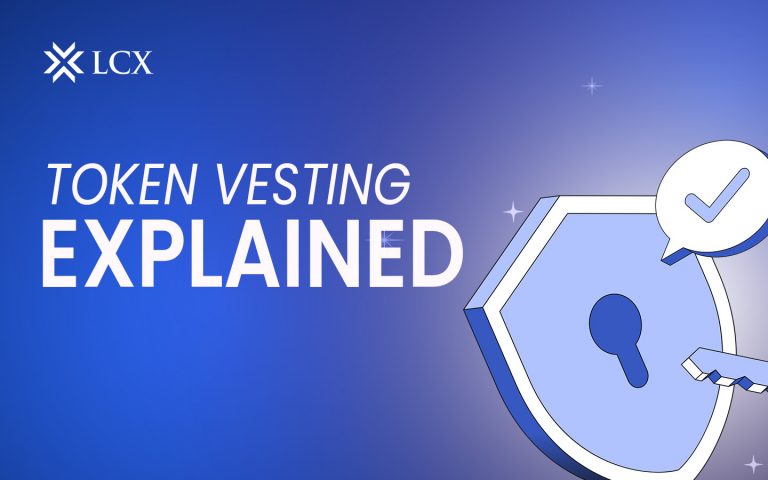Bitcoin has been ruling the crypto industry for years now. Very recently, it also entered the stock exchange market. This was made possible due to the Bitcoin ETF. It is a decent way for contemporary investors and traders to gain exposure to the bitcoin price through a trusted and familiar medium.
What is a Bitcoin ETF?
A bitcoin Exchange-Traded Fund is used to track bitcoin’s value. Instead of cryptocurrency trading platforms, ETFs can be purchased, traded, and sold on traditional stock exchanges. ETFs are not new and widely used in the finance industry. They can be found to acquire price exposure to various sectors and assets, including currencies and commodities, or they can be used to focus on diverse or environmentally friendly companies. There are two types of ETFs: spot and future. The distinction is that bitcoin futures ETFs are backed by bitcoin derivatives, whereas a spot bitcoin ETF is supported by actual bitcoin (BTC).
Advantages of ETFs
- Convenience: An ETF does not necessitate learning how to open accounts on crypto exchanges or how to use a cryptocurrency wallet.
- Users do not directly own BTC, gaining price exposure without asset ownership through investment vehicles and tax rules they are familiar with.
- Portfolio diversification: An ETF may hold multiple assets as part of the fund, such as bitcoin-related stocks, actual bitcoins, and other assets. Even if it only has BTC, investors gain the ability to diversify their traditional market portfolios.
Disadvantages of ETFs
- Fees: Management fees are frequently buried in ETFs, meaning that a portion of the funds in the pool will pay the company/people managing the fund rather than investments. Before investing, look at the “expense ratio” listed on an ETF. You want it to be as low as possible, ideally under 1%.
- There is no actual bitcoin ownership: Because holders of a bitcoin ETF do not own the asset and instead gain price exposure, they cannot be exchanged for many other cryptocurrencies.
- More stringent trading hours: Although cryptocurrency can be bought and sold 24 hours a day, many stock exchanges, like the NYSE (New York Stock Exchange), are only open Monday through Friday from 9:30 a.m. ET to 4:00 p.m. ET, so if there is significant movement in cryptocurrency.
What’s better: Owning Bitcoin or a Bitcoin ETF?
Many people are looking to the U.S. to get genuinely excited about a bitcoin ETF. Obtaining approval from the SEC (Securities and Exchange Commission) in the United States has proven difficult, with over a dozen applications and proposals turned down in recent years. For the longest time, it appeared that nothing would improve for the better, but things seem to be changing in 2022.
The SEC approved the first bitcoin futures exchange-traded funds, the ProShares Bitcoin Strategy ETF, in October 2021 and the Teucrium Bitcoin Futures ETF in April 2022. The said progress has reignited hope in the minds of some cryptocurrency venture capitalists, but as of this writing, the chances of a spot bitcoin ETF being approved remain slim.
